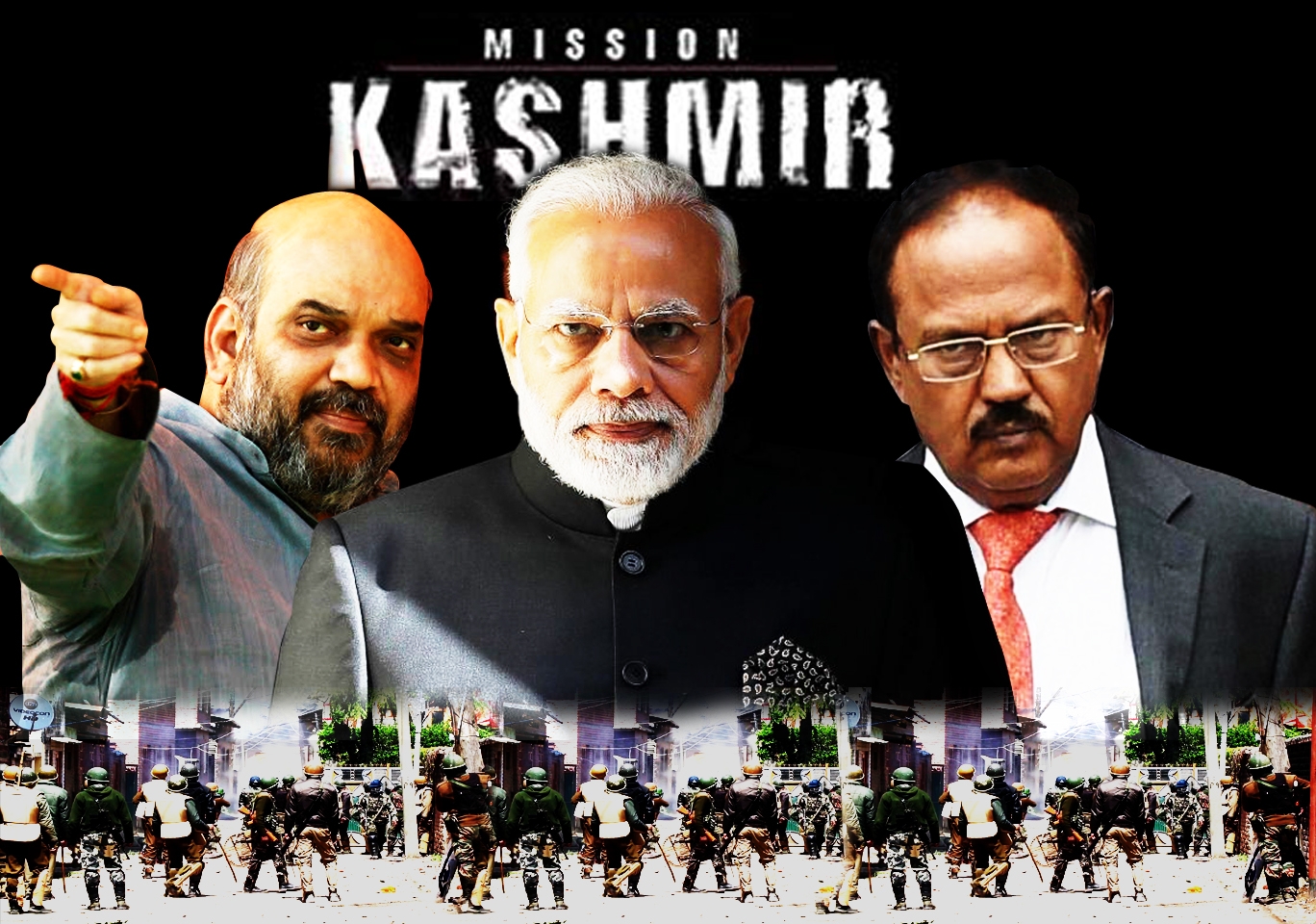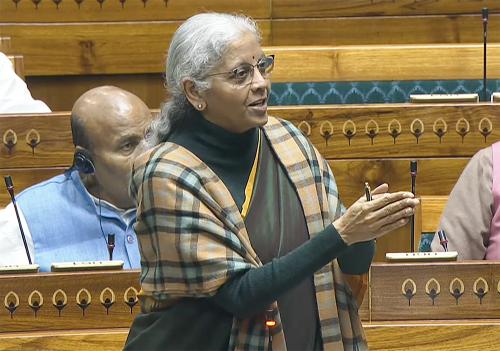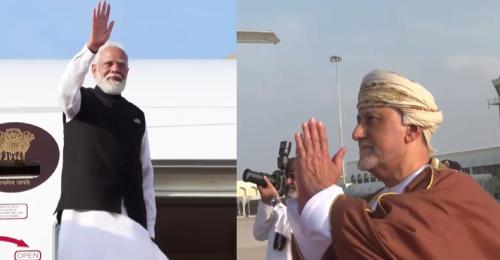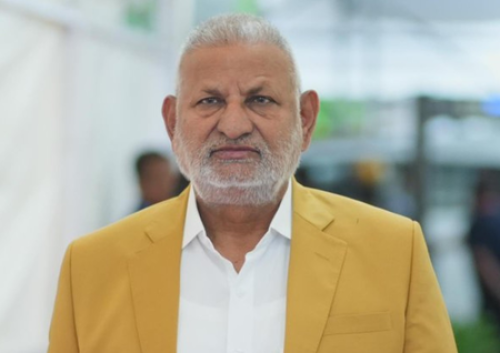Srinagar, Aug 4 (IANS) Five years back, the Parliament on August 5, 2019, abrogated the Constitution's Article 370, conferring special status to Jammu and Kashmir, and simultaneously, the state was bifurcated into two Union Territories of J&K and Ladakh.
The decision took everybody by total surprise although there had been indications that "something big" was in the offing. This had become evident by the annual Amarnath Yatra being cut short and internal instructions to secure security installations and maintain the highest level of security.
Even then, not anyone among the regional political parties like the National Conference (NC), Peoples Democratic Party (PDP), the People’s Conference (PC) and the Awami National Conference (ANC) expected that the over 80-year-long special status of J&K would vanish in a day. The Congress or even the ruling Bharatiya Janata Party (BJP) did not know what the top leadership of the country, including Prime Minister Narendra Modi and Home Minister Amit Shah had in mind.
National Security Advisor (NSA), Ajit Doval had visited the state and also held a series of meetings with the intelligence agencies, local police, and the paramilitary forces. Doval is believed to have been the ‘Man Friday’ that Delhi depended upon to implement the decision on the ground. Like all his previous sensitive assignments, he worked out, with precision, the contours of the law and order situation that would follow the abrogation of Article 370. Undoubtedly, the confidence and determination that the NSA showed during his meetings here translated into the rank and file of the local police, the security forces and the intelligence agencies.
"The top man wanted to have it done with pinpoint precision and that is how it had to happen," said former DGP, Dilbag Singh when he recalled the crucial period that preceded and proceeded the abrogation of Article 370.
All the regional political leaders, mainstream and separatists, were placed under house arrest. Cell phones and Internet connectivity were suspended and the ubiquitous presence of security forces was maintained everywhere in the Valley.
Not a single protest was held, even one incident of stone pelting which had become routine before August 5, 2019, was reported from anywhere. There was complete silence in the Kashmir Valley while there were celebrations outside including in Jammu where the total integration of J&K with the rest of the country was celebrated with fervour and gaiety.
All the oppressive laws like disinheritance of girls choosing a spouse from outside J&K, denial of share in ancestral properties to girls after marriage, ban on the purchase of land and applying for government jobs in J&K by outsiders were repealed.
J&K had a bicameral legislature before the abrogation of Article 370, and after it, the Legislative Council was removed and J&K was made unicameral with just the Assembly.
The J&K Reorganisation Act of 2019 brought the UT in line with all the laws, privileges and obligations which were applicable to all other states and UTs of the country.
The elected government headed by PDP chief Mehbooba Mufti, supported by the BJP, had lost power after the BJP pulled out of the coalition government in June 2018. J&K was brought under the Governor’s rule and the Assembly was dissolved.
J&K has been without an elected government during the last 5 years. All preparations are underway by the Election Commission to hold the Assembly elections by the end of September so that the people have an elected government. Centre is committed to restoring statehood to J&K after the Assembly elections, but, by no stretch of the imagination, is the new statehood going to be like what J&K had before August 5, 2019.
With a five-bench constitutional bench of the Supreme Court, in December 2023, unanimously negating the challenges to the abrogation of Article 370, the new constitutional dawn that has ushered into J&K is here to stay while its status within the union of the Indian states and Union Territories has become non-negotiable.











